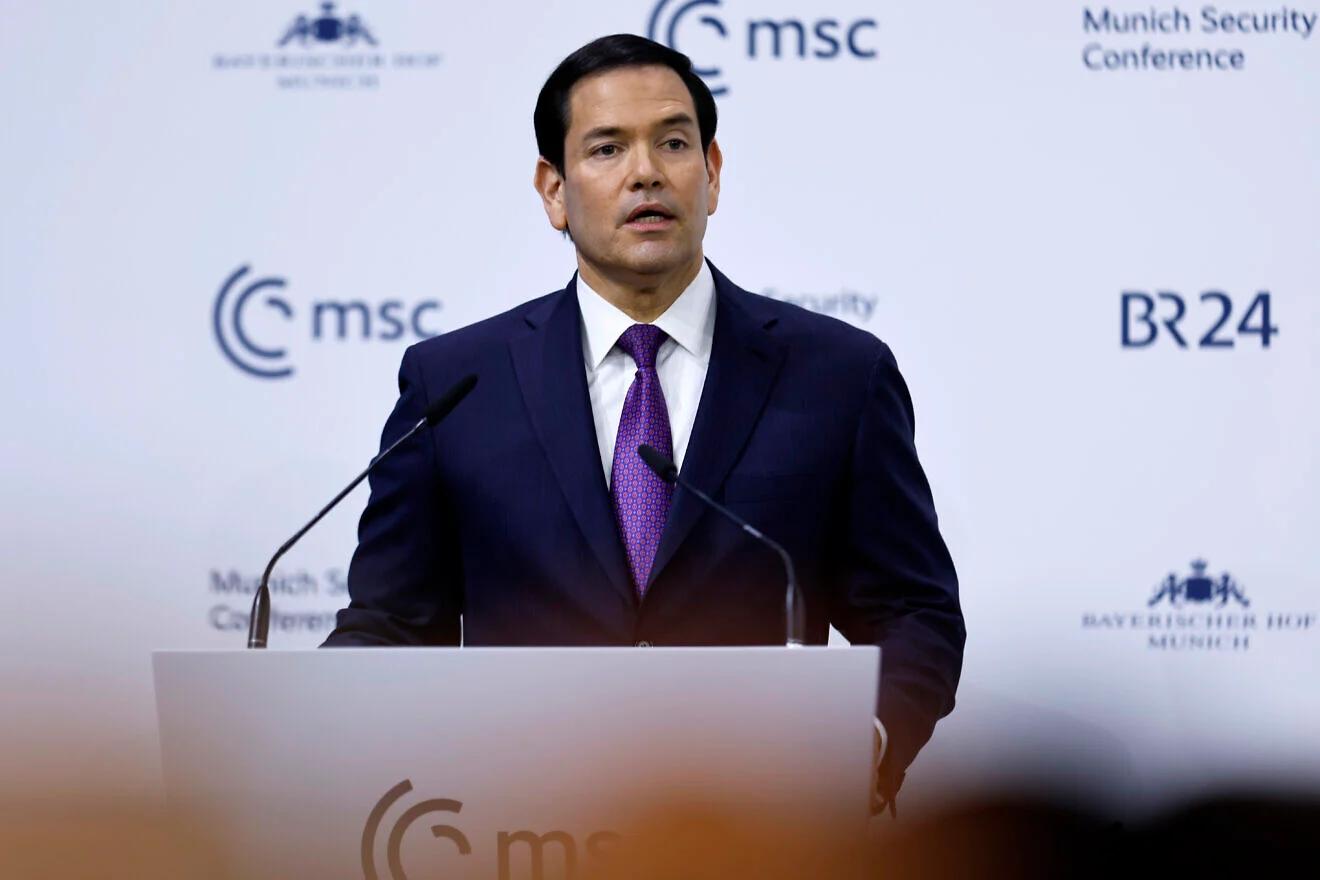Key Impact Points:
- Executive Actions Expected: Trump plans to pause pending rules, reconsider environmental standards, and repeal recent regulations via the Congressional Review Act.
- EPA Leadership Shift: Former GOP Congressman Lee Zeldin, with limited environmental policy experience, is nominated to lead the Environmental Protection Agency (EPA).
- Regulatory Rollbacks in Focus: The administration may reassess PFAS drinking water rules, the Clean Water Act, and lead service line mandates, signaling significant policy shifts.
Policy Shifts Under the Trump Administration
Executive Orders and Regulatory Changes
President-elect Trump has signaled plans to pause pending rules, delay effective dates of new regulations, and work with Congress to repeal recently finalized rules. Key areas of focus include power, mining, oil and gas, water quality, and endangered species protections.
Trump’s promise to maintain “the highest environmental standards, including the cleanest air and water on the planet,” raises questions about how deregulation efforts will align with these goals. His administration is expected to act swiftly, informed by lessons from its previous tenure, to counter potential legal challenges.
Enforcement Strategy
The Trump administration may halt ongoing enforcement matters to align with its new priorities. Notably, enforcement actions dropped significantly during Trump’s earlier tenure, falling over 20% from Obama-era levels, and by 35% during the pandemic. Industry-supported initiatives like supplemental environmental projects may face limitations again.
Clean Air and Water Policy Expectations
Clean Air Act Revisions
Rules such as the Mercury and Air Toxics Standards and National Ambient Air Quality Standards are likely to undergo voluntary remands or replacements. The administration may also withdraw the U.S. from the Paris Climate Agreement, emphasizing domestic policies over global commitments.
Clean Water Act Rollbacks
The administration may revert to Trump-era guidelines for steam electric power plant discharges and repeal Biden-era Clean Water Rules, continuing decades-long uncertainty around “Waters of the United States.”
Resource Conservation Adjustments
The Legacy Coal Combustion Residuals (CCR) Rule is likely to be narrowed or repealed, limiting its scope and enforcement.
PFAS and Drinking Water Standards
Reassessment of PFAS Policies
The Trump administration may adjust limits on PFAS levels in drinking water, focusing on raising thresholds rather than repealing rules. Litigation around PFAS use is expected to persist, with claims targeting companies indirectly involved with the chemicals.
Related Article: Trump’s Impact on Sustainability Politics and Investments
Safe Drinking Water Act
Changes to the Lead Copper Rule Improvements could delay plans to remove lead service lines by 2037, reinstating earlier, less stringent standards.
Broader Environmental Shifts
National Environmental Policy Act (NEPA)
Trump is expected to revert to 2020 NEPA rules, eliminating cumulative effects analyses and narrowing federal oversight, potentially expediting project reviews.
In summary, the Trump administration’s approach to environmental regulation is poised to prioritize deregulation while balancing commitments to “America First” policies. However, the implications for environmental enforcement, industry compliance, and public health remain to be seen.

 Follow SDG News on LinkedIn
Follow SDG News on LinkedIn











